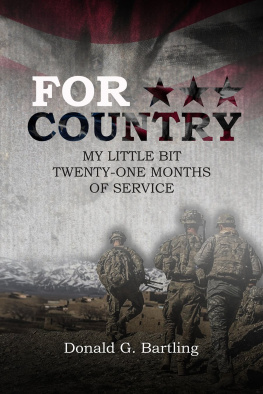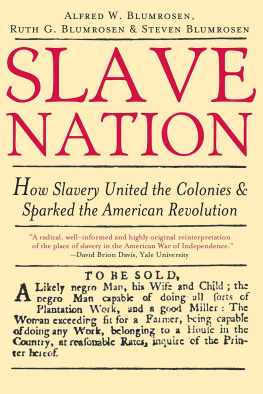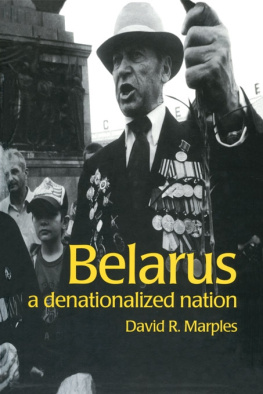Copyright 2018 by Donald G. Bartling
All rights reserved. This book or any portion thereof may not be reproduced or transmitted in any form or manner, electronic or mechanical, including photocopying, recording, or by any information storage or retrieval system, without the express written permission of the copyright owner except for the use of brief quotations in a book review or other noncommercial uses permitted by copyright law.
Printed in the United States of America
Library of Congress Control Number:2018932562
ISBN:Hardcover 978-1-948304-28-3
Softcover 978-1-948304-27-6
eBook978-1-948304-29-0
Rev. Date: 01/2018
To order copies of this book, contact:
PageTurner, Press and Media
601 E., Palomar St., Suite C-478, Chula Vista, CA 91911
Phone: 1-888-447-9651
Fax: 1-619-632-6328
www.pageturner.us
Dedication
In order to encourage a greater appreciation for the service people that have served and paid the price to preserve the freedoms that we as United States citizens enjoy, I will attempt to convey some of the emotions and the actions that these people have done for this Nation over the course of its history.
I especially have in mind the names of the men that I knew and worked with that have paid the Supreme Sacrifice. They all received the Purple Heart posthumously. In view of the price that they paid, my contribution was truly only a LITTLE BIT.
Preface
A study of history shows us that a Nation is only as strong as the will of its citizens to fight for it. America has been tested many times over in its relatively short history. From the Revolutionary War on down to the present conflicts in the Middle East, the majority of the American citizens were willing to place their lives and futures in danger to preserve and build the future of this Nation.
Even when the requirements of the military required the use of conscription in order to meet the needs of the day, most citizens were willing to shoulder their responsibilities and deliver the results that were of benefit to all Americans. Many times they have assured a future for this Nation by rising to the occasion. This is especially true today as the burden is falling on an entirely volunteer force.
Unfortunately, there is always a (usually loud) minority that feel that our American way of life does not need protecting. Though they are wrong, they do immeasurable damage to the efforts that are being put forth by their fellow citizens. A brief review of the first half of the twentieth century shows us that we had been down this road before. Several factors played into the fact that we had been confronted with nation threatening situations several times during that time period. The world had been confronted with POWER HUNGRY nations twice prior to the current time. Each time we found ourselves unprepared to face the problems when they presented themselves. Our intelligence was either lacking or inadequate, and our military forces were weak and unable to respond in a timely manner to the threats that confronted us. That the American people are a peace-loving people is commendable; but there are times when they also must face reality. That reality is sometimesWAR. This Nation responded with everything that was necessary to bring those tumultuous times to a proper conclusion. In the process hundreds of thousands of American military people sacrificed their lives for the cause. It had now become apparent that this conflict was no different from the preceding threatening situations. The threat of Communism to the peace and prosperity of the world and our Nation was now very clear, and it required a proper response.
An attempt will be made in this book to enlighten anyone that will listen that there was a time when it did not matter to the troops what their Serial No prefix was ( RA, US, NG, or ER); they were in this to finish the mission that was before them.
The Korean War was the first action in which the Military was used as a racially integrated force. The units in which I served were of mixed races and that did not cause any difficulty for me, either as a member or as a NCO. There were isolated instances of individual prejudices surfacing. These were handled on an individual basis through the Military Justice System. Time has proven that this process can be successful.
Chapter 1
Induction and Basic Training
Immediately, upon the announcement of the invasion of South Korea by the North Koreans on June 25, 1950, I felt that I should prepare myself to be a part of that struggle. The premonition was correct as by November I was called for a physical examination, which I passed, and on December 18, 1950 I received my orders to report for induction into the Armed Service on January 12, 1951.
The following documents explain the procedures that were used at this time.
Certificate of Acceptability
Order to Report for Induction
Following the instructions that were sent in the Induction Notice, the group of Washington County inductees reported to the Selective Service Office in Blair at the specified time. They were then placed aboard a bus for the trip to Ft Omaha, in Omaha Nebraska. I, some of my friends, and others that were strangers to me were in that group.
Upon arrival at Ft Omaha we joined a much larger group of inductees from eastern Nebraska and western Iowa. Many new and long lasting friendships developed from this beginning of shared experiences that were ahead of the group members.
After a day of processing the men were told to line up facing the front of a large assembly room. We were sworn in as members of the U S Army by taking one step forward after the oath was read to us. This was a step into an unknown future, and was taken with many conflicting thoughts on the part of those that were participants of this event. Late in the day the inductees were transported by bus to the Union Station for an overnight rail trip to Kansas City. From Kansas City the train proceeded west to Ft.Riley, Kansas. The train arrived at Camp Funston, (a part of Ft Riley) late in the afternoon.
The next action was to pass through a warehouse where we were issued our uniforms and placed our civilian clothes in containers that were to be sent home for us; as trainees were not allowed to have civilian clothing during basic training. In speaking for myselfI felt a degree of pride in that uniform already at that point.
At this time and place we also received our military style haircuts. Since there were many styles going in, there was considerable change in the appearance of the group as a whole and some individuals in particular. The barbers were really being entertained by the reactions of some of the men that were rather vain about the hair-dos that were a source of pride to them. This action also became the first deduction from the flying ten. This was an issue of $10 that was to be used for personal items that would be required in order to pass barracks inspections that were definitely in the near future. This was expected to be sufficient for those needs until the first payday which would be on the end of the month.
We were then transported to our training companies; mine and many of my friends turned out to be D Company, 87th Infantry Regiment, 10th Division. After receiving our barracks assignments, we were given our evening meal. We were then sent back to our barracks to receive more instructions from the Platoon Sergeant. My platoon Sergeants name was Sgt. Hall.












